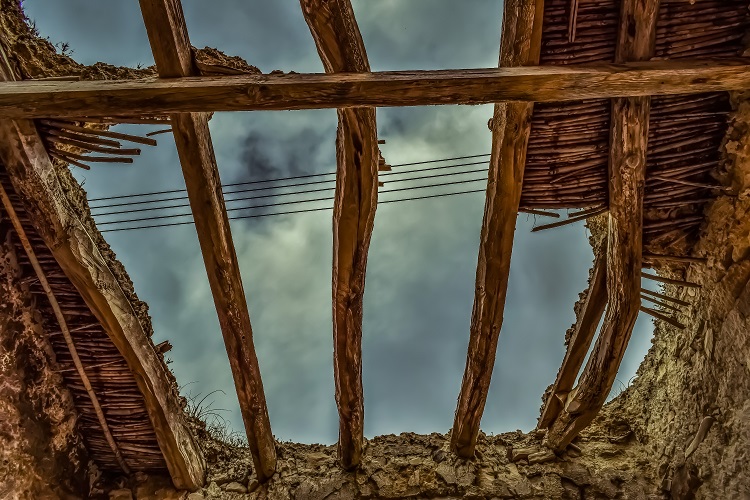
Uche Okpara, Fellow in Climate Change and State Fragility, NRI |
In Lake Chad, just over 85 soldiers involved in the fight against violent extremism were killed recently following a long battle with the Boko Haram sect. Much of North-eastern Nigeria and Western Chad near Lake Chad remain under intense insurgent attacks as shocks from drought intensify, and humanitarian conditions worsen.
The COVID-19 pandemic will have serious spillover effects in this region. While the scale of the pandemic remains uncertain to date, the possibility of it worsening the region’s fragility landscape is anticipated. On the basis of the social, economic and political momentum already generated, the pandemic will certainly trigger some formidable challenges that might slow down the fight against insurgency. It will compound geopolitical tensions and pose a real risk to achieving the sustainable development targets on public health, climate actions and peacebuilding.
Already, resources around Nigeria are being diverted to provide healthcare facilities, food, water and medicines in states with very high numbers of coronavirus cases, including to support the deployment of armed forces to vulnerable states. Soldiers will be needed to help transfer COVID-19 patients to hospitals and quarantine centres, enforce social distancing (particularly in overcrowded urban slums) and business lockdown measures, protect government (and community) food storage facilities from terrorist attacks, and support mass burial activities.
The risk of a reduction in military personnel in the Lake region will be high. Shrinking resources will undermine the capacity of regional governments to intensify support for soldiers who might remain in the battlefield, as well as social protection for displaced populations. At the same time, military personnel will find themselves squeezed on all fronts: their working conditions might allow for the spread of COVID-19, and if they become infected and are quarantined, they naturally become unavailable to curtail emergency attacks from insurgent groups.
While it is too soon to determine the extent to which COVID-19 will amplify climate, fragility, conflict and violence risks, local and international agencies currently working in the region must be asked to respond proactively to the COVID-19 emergency. Regional governments need to start accounting for COVID-19 in all emergency response and recovery preparations. The reality presented by this pandemic means that operational processes for supporting the health security needs of soldiers, and the internally displaced people and refugee communities they protect, will need to align with government’s COVID-19 response measures.
Reducing shocks from COVID-19, state fragility, climate and conflict will require collaborative work across multiple agencies, the military and national governments. Government planners across the Lake region can firstly anticipate significant reductions in people’s capacity to cope in the short-term during periods of social distancing and other behavioural changes resulting from COVID-19, especially if water, land, food and medicine become inaccessible; introducing additional measures and initiatives – such as robust citizens’ welfare packages – might switch the influences of COVID-19 in the longer term, e.g. from an amplifying threat to a muting effect. Secondly, they can focus on issues that can enhance military operations and adaptive capacities under abnormal COVID-19 conditions, such as intensifying consensus building to facilitate better communication of COVID-19-related guidelines to soldiers (and to other key actors on essential duties in displaced people’s camps), and supporting opportunities that enable the design of actionable emergency preparedness interventions.
Find out more:
- NRI's Development Programme on Climate Change, Agriculture and Natural Resources
- NRI’s Food and Nutrition Security Initiative (FaNSI)

